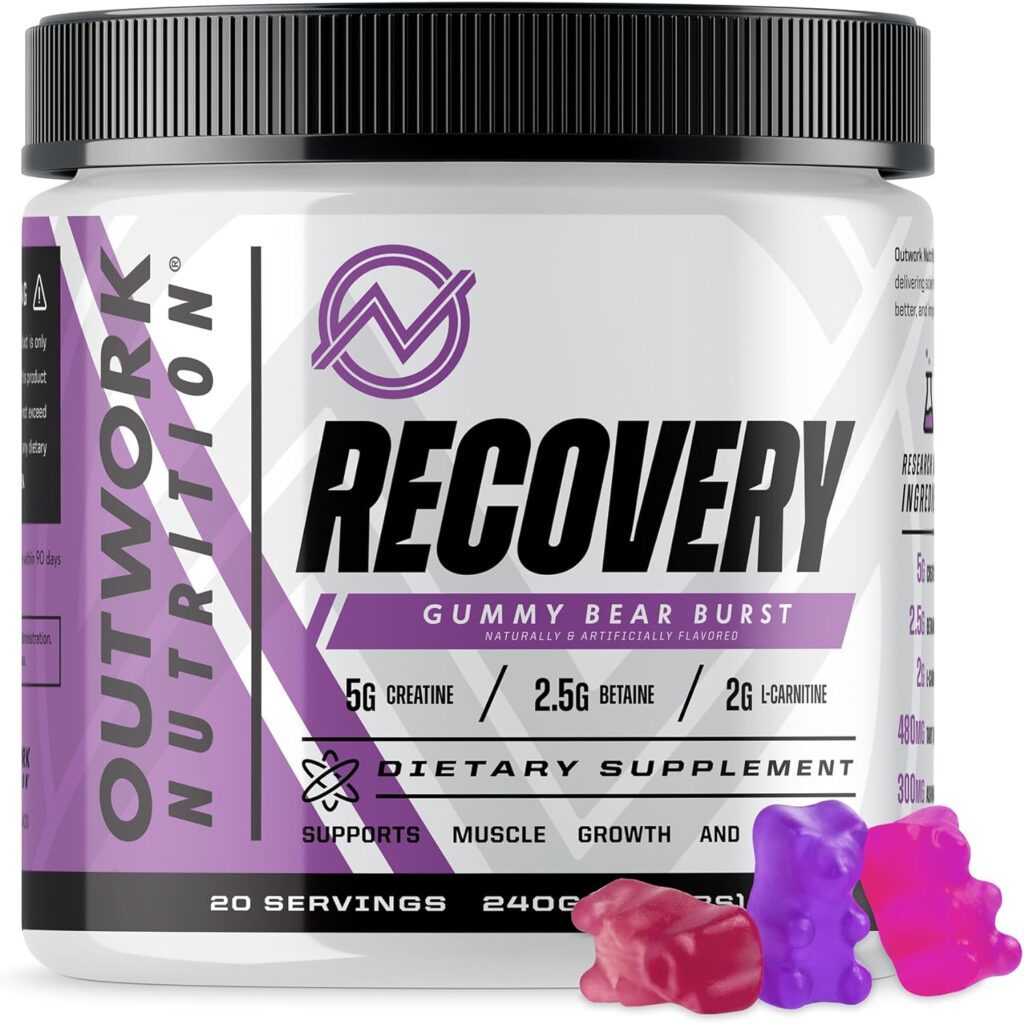Muscle soreness is a common and often unwelcome companion after intense workouts, signaling that your body is working hard to repair and strengthen itself.
Known as delayed onset muscle soreness (DOMS), this discomfort can range from mild stiffness to significant pain.
Fortunately, there are effective strategies to alleviate soreness and support recovery.
In this blog, we’ll explore five ways to ease muscle soreness and help you get back to your training routine faster.
Let’s dive in!
What Causes Muscle Soreness From Workouts?
Muscle soreness from workouts, often referred to as delayed onset muscle soreness (DOMS), is primarily caused by microscopic damage to muscle fibers during intense or unfamiliar exercise.
This damage triggers an inflammatory response in the body, leading to swelling and sensitivity in the affected muscles.
Factors such as the intensity, duration, and type of exercise, as well as individual fitness levels, can influence the severity of soreness.
As the muscles repair and adapt, they become stronger, which is a key component of the training process.
5 Ways to Ease Muscle Soreness
1. Incorporate Recovery Supplements
Using recovery supplements can significantly aid in reducing muscle soreness and enhancing recovery.
Look for products that contain ingredients like ashwagandha, which is known for its anti-inflammatory properties and ability to support stress.
In addition, look for creatine, which supports muscle energy production and recovery through consistent use.
When it comes to recovery supplements, not all of them will help directly support muscle soreness, recovery, and exercise performance.
However, Outwork Nutrition’s Recovery is my top recommendation for a post-workout supplement, thanks to its scientifically backed ingredients designed to maximize muscle recovery.
This deliciously flavored powder features Creatine Monohydrate, which effectively boosts muscle mass and strength, enhancing performance during resistance training.
Additionally, KSM-66 Ashwagandha helps regulate cortisol levels, supporting stress and facilitating muscle repair while fostering a positive mindset.
With L-Carnitine speeding up recovery and Tart Cherry Powder reducing soreness and inflammation, Outwork Recovery provides a comprehensive approach to post-exercise care.
Simply take 1-2 scoops after your workout session and you’re good to go!
2. Stay Hydrated
Hydration plays a crucial role in recovery.
Water helps transport nutrients to your muscles and flush out toxins that can contribute to soreness.
Aim to drink plenty of water before, during, and after your workout.
Additionally, consider electrolyte-rich beverages, especially after intense sessions, to help maintain fluid balance and support muscle function.
3. Engage in Active Recovery
Light activities, such as walking, cycling, or yoga, can stimulate blood flow to sore muscles without adding strain.
This “active recovery” helps reduce stiffness and promotes the delivery of oxygen and nutrients needed for muscle repair.
Aim for 20 to 30 minutes of gentle movement to help alleviate soreness and speed up recovery.
4. Utilize Foam Rolling and Stretching
Foam rolling and static stretching can be effective tools for reducing muscle soreness.
Foam rollers help break up muscle knots and improve circulation, while stretching increases flexibility and reduces tension in the muscles.
Spend a few minutes rolling out sore areas and follow up with gentle stretches to enhance recovery.
5. Prioritize Rest and Sleep
Rest is vital for muscle recovery.
Make sure to incorporate rest days into your workout routine to allow your muscles to repair and rebuild.
Quality sleep is equally important, as it’s during this time that your body undergoes most of its recovery processes.
Aim for 7 to 9 hours of sleep per night to support optimal recovery and overall well-being.
Ease Your Soreness
Muscle soreness doesn’t have to sideline your training routine.
By incorporating recovery supplements, staying hydrated, engaging in active recovery, utilizing foam rolling and stretching, and prioritizing rest, you can effectively ease discomfort and promote faster recovery.
Remember, listening to your body and giving it the care it needs will help you stay on track with your fitness goals.
Thank you for reading!
